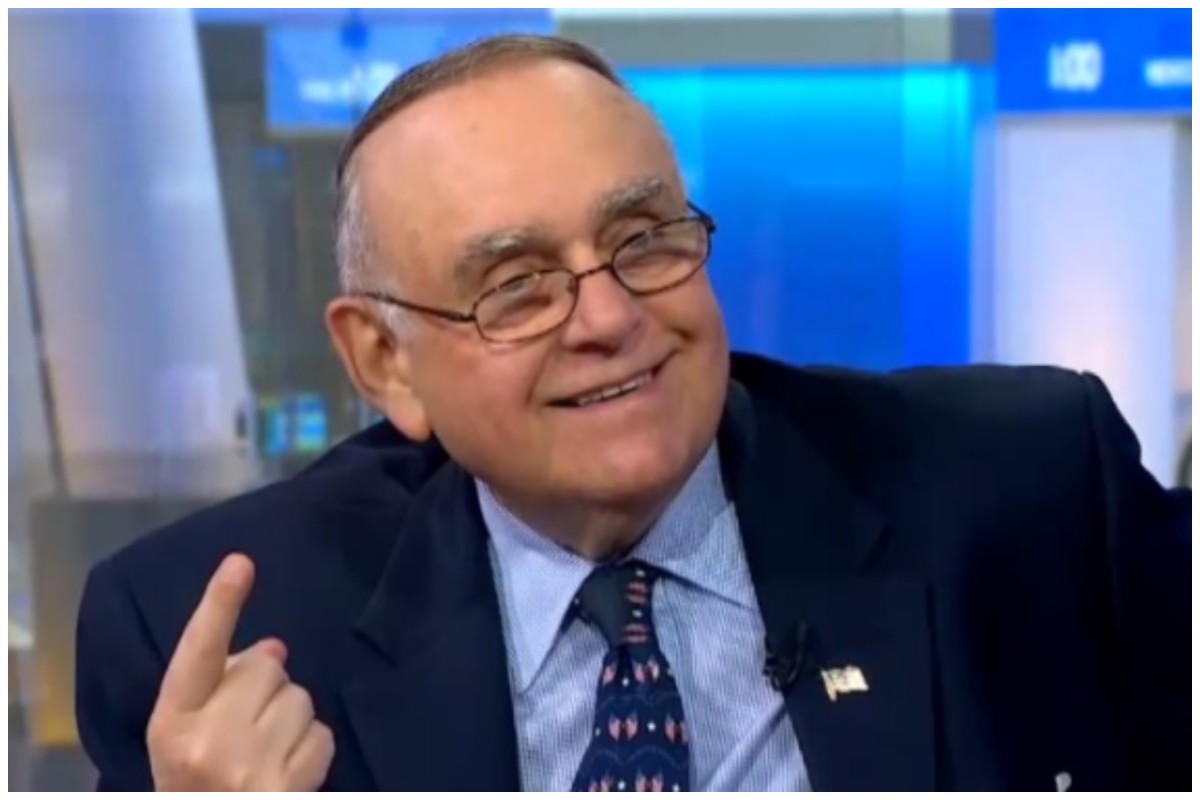
The major sports law-related measure signed into law by Florida Governor Ron DeSantis in 2020 was a bill providing college athletes in the state with the right to commercially exploit their publicity rights. That law goes into effect as of July 1, 2021. Will there be a big sports law issue for Florida to consider in 2021?
I believe that the time is ripe for the Florida legislature, when it reconvenes, to finally pay serious attention to the promise of sports betting within its borders. As of now, 22 states and the District of Columbia allow individuals to place wagers on sporting contests and, based on 2020 election results, it seems as though Maryland, Nebraska, South Dakota, as well as most parishes in Louisiana, are set to be the next pack to join in on the benefits of sports betting, which include an increase in tax dollars for those jurisdictions that have made it legal to place such wagers.
What has stood in the way of this type of change in Florida? No stranger bedfellows than the Seminole Tribe of Florida and Disney. At least that is what some would argue.
A Political Action Committee named Voters In Charge was very active leading up to the 2018 election. This PAC raised just over $46 million from 2015 through 2018, when it seemingly stopped operations based on an accomplished goal. The two largest donors were the Seminole Tribe of Florida ($24.65 million) and Disney Worldwide Services Inc. ($20.56 million), with a corporation named No Casinos Inc. behind them at $910,000 in contributions. The next largest donor gave only $10,000.
A partial underlying motive seems to have been to install a major roadblock to the State of Florida legalizing sports gambling. This was accomplished by lobbying the state to pass a constitutional amendment (Amendment 3). The amendment was titled, “Voter Approval of Casino Gambling Initiative,” which was likely drafted to be purposefully misleading to voters who often do not look past the title of an amendment. The intention was to make it so that only citizens (not the legislature prior to voter approval) could decide whether to authorize casino gambling in Florida. The Voters in Charge PAC led the campaign in support of Amendment 3, which received enough votes to pass.
Since 2018, many have wondered whether casino gambling, as used in the amendment, should extend to include sports betting, which would thus make it more difficult for sports betting to become legalized in Florida since it would then first need to go to a vote by citizens’ initiative. The definition of casino gambling did not expressly include sports wagering. Did the Seminole Tribe of Florida and Disney thus inadvertently keep alive a much cleaner path to legalization for sports betting in the state? I believe that the answer is a resounding yes, and my colleague Daniel Wallach has provided eight reasons why he agrees.
As such, there is nothing to prevent an elected individual or a group of legislators from deciding that it is due time to add Florida to the list of states that have wisely legalized sports betting within their borders. Florida Senator Wilton Simpson previously proposed a sports betting option that would allow the Seminole Tribe of Florida to serve as the host of online sports betting because he believed it would sidestep the aforementioned Amendment 3. However, that seems unnecessary given the fact that Amendment 3 should not extend to control efforts related to sports wagering.
There also existed a bill (SB 968) sponsored by Florida Senator Jeff Brandes, which was filed in 2019, introduced on January 14, 2020, in the Senate, and died on March 14, 2020, in the Innovation, Industry, and Technology Committee. The bill sought to create a new Chapter 547 in the Florida statutes for sports wagering and place power in the hands of the Department of the Lottery to administer the chapter as well as regulate the industry in the state.
It is due time for Florida to join the likes of Nevada, New Jersey, Pennsylvania, Illinois, Michigan, and Colorado in legalizing sports betting. The state proved that it could be a leader by giving college athletes deserved rights related to their names, images, and likenesses. The next sports law issue it should tackle is sports wagering.
Darren Heitner is the founder of Heitner Legal. He is the author of How to Play the Game: What Every Sports Attorney Needs to Know, published by the American Bar Association, and is an adjunct professor at the University of Florida Levin College of Law. You can reach him by email at heitner@gmail.com and follow him on Twitter at @DarrenHeitner.









 Jordan Rothman is a partner of
Jordan Rothman is a partner of 






